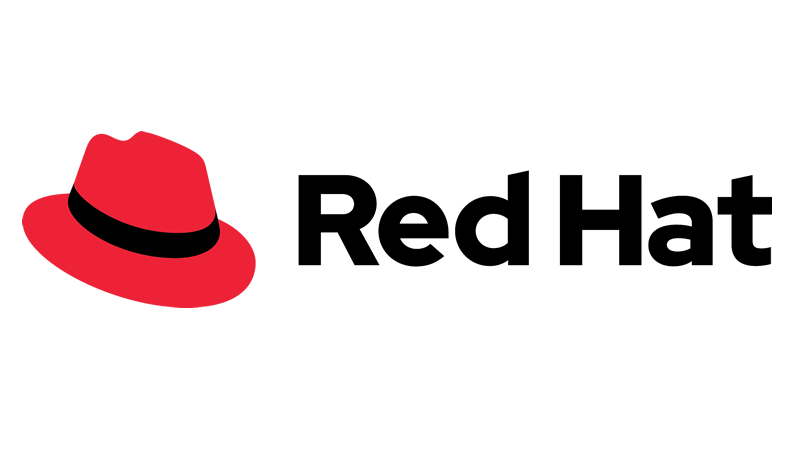
CentOS is one of many RedHat variants….it is based on RedHat Enterprise Linux source code, but it is separately compiled and community-maintained (e.g., by volunteers or groups other than RedHat). RedHat took an interest in the CentOS project in January 2014. RedHat has announced the discontinuance of CentOS as a Linux distribution and establishment of CentOS Stream. Here’s the difference¹:
CentOS Linux is a rebuild of Red Hat Enterprise Linux (RHEL). As such, it is downsteam from RHEL. CentOS Linux release version numbers reflect the date of the RHEL release on which they are based. For example, CentOS 8.2105 is a rebuild of RHEL 8.3, which released in May of 2021.
CentOS Stream, on the other hand, is the upstream, public development branch for RHEL. Specifically, CentOS Stream 8 is the upstream for the next minor release of RHEL 8, CentOS Stream 9 for the next minor release of RHEL 9, and so on.
CentOS Linux based on RHEL 8 will be sunset at the end of this year (2021), while CentOS Linux based on RHEL 7 will be sunset mid-year 2024.
So, you may be wondering what that means to your organization? As a Linux user, you have options:
- You could move from CentOS to RHEL. This would provide you a higher level of support, including security updates and newer features faster than waiting for a community-maintained distribution. Migration would be simpler since both distributions are based on the same source code.
- You could move to a different Linux distribution. This would entail adopting the norms of that new distribution, which may or may not be simple. Ubuntu and OpenSuSE Leap are two of many no-charge distributions for x86, arm, IBM Power and s390x.
- You could just stay where you are and not worry about it. This is fine if you don’t care about getting security holes patched or implementing new functions. Personally, I wouldn’t recommend this, but it is a decision you can make.
Moving to RHEL does provide some considerable benefits:
- Security and Compliance: Maintain compliance and access the latest patches and fixes.
- Access to innovation: Take advantage of all the latest RHEL features and functionality.
- Lifecycle events: Avoid end of maintenance or extended support requirements.
- Access to Red Hat Insights to optimize infrastructures with security and IT risk analytics.
LRS can provide information to help you in your decision-making. Feel free to reach out.
¹ https://www.centos.org/cl-vs-cs/